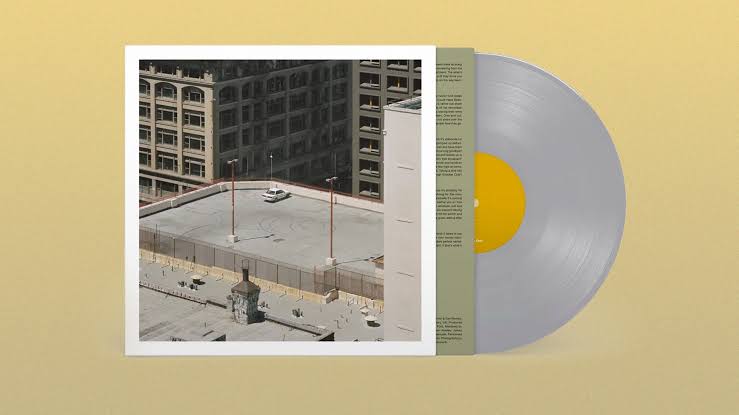Ladies and gentlemen, Arctic Monkeys are still floating in space. For the second album in a row, one of the world’s greatest and most consistently innovative rock bands has launched themselves into the final frontier, venturing deeper into sonic wormholes that take them far from their original sound. The irony is not lost that the Sheffield lads’ first album in four years is titled *The Car*, yet the terrain they explore on this seventh full-length effort is completely unsuitable for a four-wheeler, requiring jet propulsion instead.


Nodding to the conceptual framework of 2018’s instant classic *Tranquility Base Hotel & Casino*, Alex Turner introduced *The Car* with the claim that “on this record, sci-fi is off the table. We are back to Earth.” While this may be true for the subject matter, sonically, anyone hoping for a return to their hard-charging roots will find the airlocked door firmly closed.
Despite some key differences from its lush predecessor, *The Car* closely picks up where *Tranquility Base* left off. Arctic Monkeys have built a career on broad stylistic shifts with each release: from the dank stoner-rock textures of 2009’s *Humbug* to the sunny Britpop-isms of 2011’s *Suck It and See*, and the rakish desert rock of 2013’s *AM*. The celestial anti-rock of *Tranquility Base* marked their biggest sonic shift yet, so it’s reasonable to expect the unexpected with *The Car*. Yet, across these 10 songs, Arctic Monkeys inhabit a space between refinement and further exploration—the first time they’ve expanded on an established style since 2007’s *Favourite Worst Nightmare*.
*The Car* is a minor work compared to the impeccable anti-gravity opulence of *Tranquility Base*, and it’s their slightest album since their 2006 debut *Whatever People Say I Am, That’s What I’m Not*. There’s abundant experimentation here, missing the mark as often as it hits. Funk guitar snakes through the disjointed, halting orchestral pop of “I Ain’t Quite Where I Think I Am” and the croon-y “Jet Skis on the Moat.” The title track, with rolling timpani hits and a cavernous minor-key sweep, recalls the string-laden elegance of elder statesmen like Damon Albarn and Jarvis Cocker, marking the first time the forever-young Arctic Monkeys have sounded, well, kind of old.
*The Car* is Arctic Monkeys’ weirdest and most overtly melancholy album, akin to James Bond themes for a terminally depressed spy. It’s certainly the saddest-sounding music Turner’s created since his contributions to the soundtrack for Richard Ayoade’s *Submarine* in 2010. His biting lyrical wit, always a hallmark since he sang, “There’s only new music/ So that there’s new ringtones,” on “A Certain Romance,” reached new heights of glorious obtuseness on *Tranquility Base*. On *The Car*, the once-alluring aura has given way to stark emptiness.
Where Turner once sang with a ribald smirk, now he sighs over the lonesome plucked guitar of “Mr. Schwartz.” The titular vehicle on the album’s cover—shot by drummer Matt Helders, who now seems to be doing anything besides bringing block-rockin’ beats—is invoked over the gorgeous sway of “There’d Better Be a Mirrorball” as Turner promises, “If you wanna walk me to the car/ You ought to know I’ll have a heavy heart.” Themes of subterfuge, distrust, apologies, and finality permeate the album; amidst the giallo synth stabs of “Sculptures of Anything Goes,” Turner muses about “performing in Spanish on Italian TV” before ruefully noting, “Those mixed messages ain’t what they used to be.” In one of the album’s funniest moments, he sings, “Puncturing your bubble of relatability with your horrible new sound,” possibly hinting at a self-awareness about the band’s current trajectory.
*The Car* is the sound of a band going full-tilt into new territories, trying anything once. Its strongest moments are as notable as its lows. The simple twinkle of “Body Paint” blooms into a kaleidoscopic Beatles-esque breakdown, while “There’d Better Be a Mirrorball” and “Perfect Sense” are sumptuous bookends with eye-catching orchestration. Overall, this album reflects a band fully aware of their creative license, taking listeners wherever their impulses lead, even as they occasionally start to sound a bit adrift.
